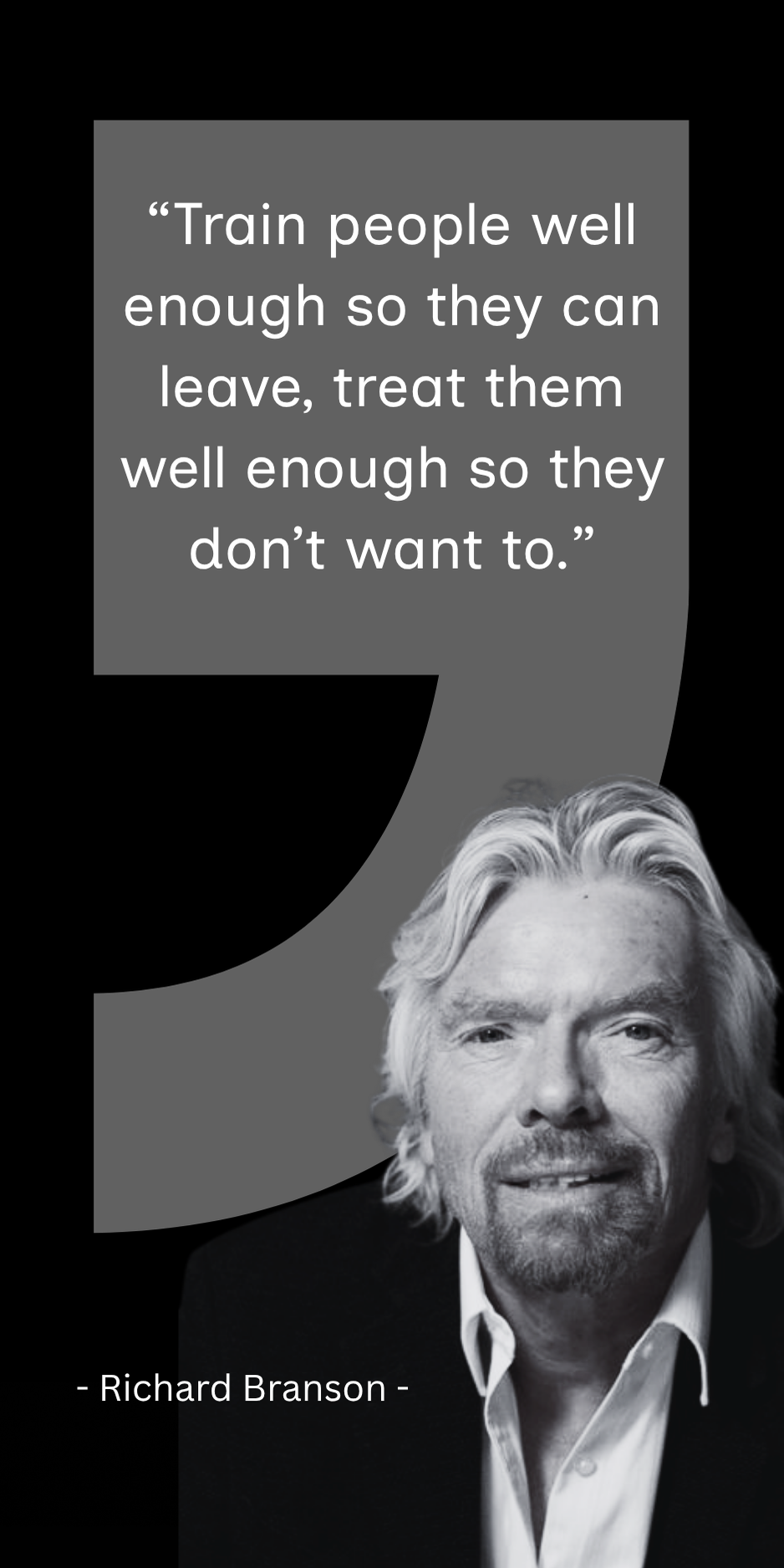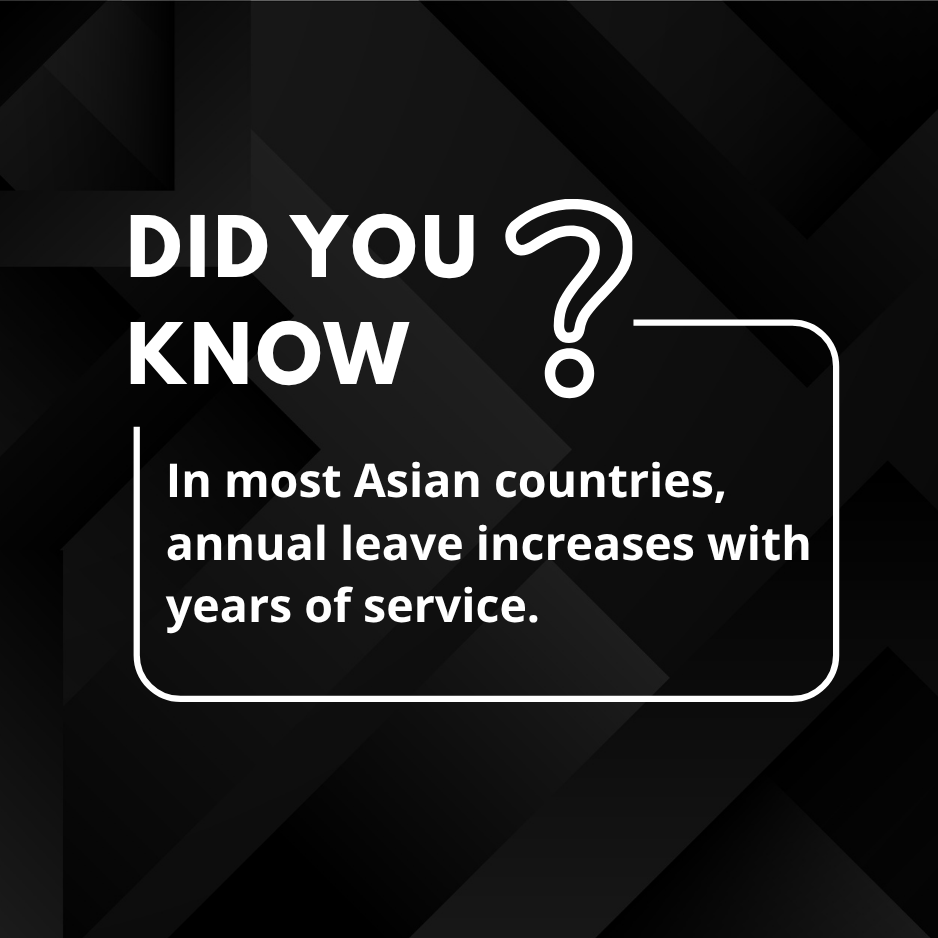Now Reading: Hybrid Work and Mental Health
-
01
Hybrid Work and Mental Health
Hybrid Work and Mental Health

Hybrid work, a global change, is where employees share their time between home and the office and has completely changed the work environment. Many organizations have turned hybrid models from being temporary measures taken in response to the pandemic to permanent features. Although the hybrid models offer freedom and flexibility, they also pose various psychological issues for employees. It is very important that the right combination of work both from home and office is found not only for the sake of productivity but also for the mental health of employees. From an HR perspective, the challenge is to create a hybrid system that is compatible with the staff’s welfare, which will decrease their anxiety and make them feel connected to the group.
The Psychological Impact of Hybrid Work
Hybrid work impacts employees in intricate ways as it combines liberty and at the same time uncertainty. For instance, a person might find working from home as a great way to sidestep the commuting nightmare, have his own workstation that suits his needs and have more time for the family and himself. At the same time, remote work may cause professionals to struggle in separating the two lives, work, and family, which may result in them feeling lonely and exhausted.
Digital fatigue is often mentioned by employees who are subjected to numerous online meetings, constant messaging, and minimal face-to-face interactions. In contrast, psychological benefits such as socializing, keeping a routine, and easier teamwork come with office work. The problem is to find a way of integrating these two worlds so that the employees have access to the good without being soaked with the bad.
Advantages of Hybrid Work for Mental Health
Flexibility is considered to be one of the chief advantages of a hybrid work schedule. Workers have a chance to plan their daily routines in such a way as to accommodate their own and their family’s needs, to lessen the stress and to improve the quality of work life. Moreover, this flexibility fosters the feeling of autonomy – one of the basic needs according to the self determination Theory, which associates autonomy with a higher level of motivation and satisfaction.
Working remotely means that one can have a quiet place to focus deeply, especially when the task requires concentration. For a lot of people, not having to endure long commutes, they can use the time saved for sleeping, exercising, or spending time with the family – all of which are sources of psychological well-being. Furthermore, the hybrid model can be a major relief for employees as it may lessen work-related stress that comes from situations like micromanagement or office politics, thus giving workers the power to have a say in their emotional condition.
Disadvantages and Risks of Hybrid Work
Hybrid work, even with its advantages, carries substantial risks that lead to serious problems if it is not handled properly. One of the biggest worries is that people may feel socially isolated. Those employees who work away from the office for too long may find that they are disconnected from the group and the company’s culture. This can result in having lower engagement levels, and also in some cases, depression or feeling of being alone.
Furthermore, there is the problem of vague boundaries. Workers who are offsite frequently find it hard to stop working, thus they end up doing more than the required hours, their sleep pattern gets disturbed and there is a greater chance of burnout. The use of digital communication tools can extend this dilemma as it makes employees feel that they are always reachable. Some employees may find that working from home is juggling between taking care of the family and caregiving, which can add to the existing stress.
On the other hand, hybrid work has the potential to result in different issues such as uneven workloads or favoritism. Workers who are at the office may get the opportunity to be more compared to those who are working from home. These inequalities can lead to anger, bitterness, and lowering of spirits among staff if the Human Resource Department does not take measures to eradicate them.
The Role of HR in Supporting Mental Wellbeing
HR top-notchers have a vital say in the matter of keeping hybrid work effective and mentally beneficial for employees. Some of the key measures are as follows:
1. Going Beyond Expectations to Create “Actual” Work-Life Balance
Organizations must establish and communicate proper guidelines on how long people should work, when they are available, and how fast a response is to be given. When personal boundaries are respected people will find it easier to separate the jobs they do at work from their personal lives thus the amount of overwork will be reduced.
2. Ensuring Fairness among Remote and Office Workers
The regulations should be targeted at ensuring that the employees working in the office as well as those working remotely are given the same opportunities to access the resources, be recognized, and be promoted in the career. It is important that the hybrid systems are constructed in a manner that does not give rise to the term “proximity bias” which is a condition where the people who are physically present most of the time get more time and attention.
3. Building on the Social Side of Work
HR can also instigate regular check-ins, team meetings, and social events whether virtual and in-person to keep the sense of community alive. These moves provide the isolation experience with less space to breathe and at the same time giving back the organizational culture.
4. Committing to Employee-Wellness Resources
Giving employees the opportunity to benefit from counseling, Employee Assistance Programs (EAPs), and mental health workshops will eventually lead to their stress handling becoming more effective. If in addition, the mindfulness or wellness programs are integrated into the hybrid schedule, then the overall resilience will be further fortified.
5. Letting Managers Help in the Fight for Mental Health
The training of managers must include the component requiring them to be alert for signs of burnout, disengagement, or isolation of the people they work with. Empathetic leadership is the key, especially in the case of hybrid contexts which is where the pain may be less obvious but no less substantial
Building a Culture of Trust and Flexibility
The success of hybrid work ultimately depends on trust. When organizations trust employees to manage their time and responsibilities, they foster psychological safety and autonomy. Micromanagement, in contrast, undermines both morale and productivity. HR leaders should promote a results oriented culture, focusing on outcomes rather than hours spent online or in the office.
Flexibility must also be seen as a shared responsibility. While organizations offer choice, employees must also take ownership of their wellbeing by setting boundaries, maintaining routines, and communicating their needs. A collaborative approach ensures that hybrid work remains sustainable for both individuals and organizations.
Toward a Mentally Healthy Hybrid Future
Hybrid work is here to stay, but its impact on mental health depends on how it is managed. Done well, it offers flexibility, autonomy, and harmony between work and life. Done poorly, it risks isolation, burnout, and inequity. For HR leaders, the challenge is to design systems that harness the best of both worlds while protecting employees’ psychological wellbeing.
By creating clear policies, promoting fairness, and investing in wellness, organizations can turn hybrid work into a long-term advantage. Ultimately, the goal is not simply balance but harmony in a workplace culture where flexibility and wellbeing go hand in hand, supporting employees as whole human beings in both their professional and personal lives.












